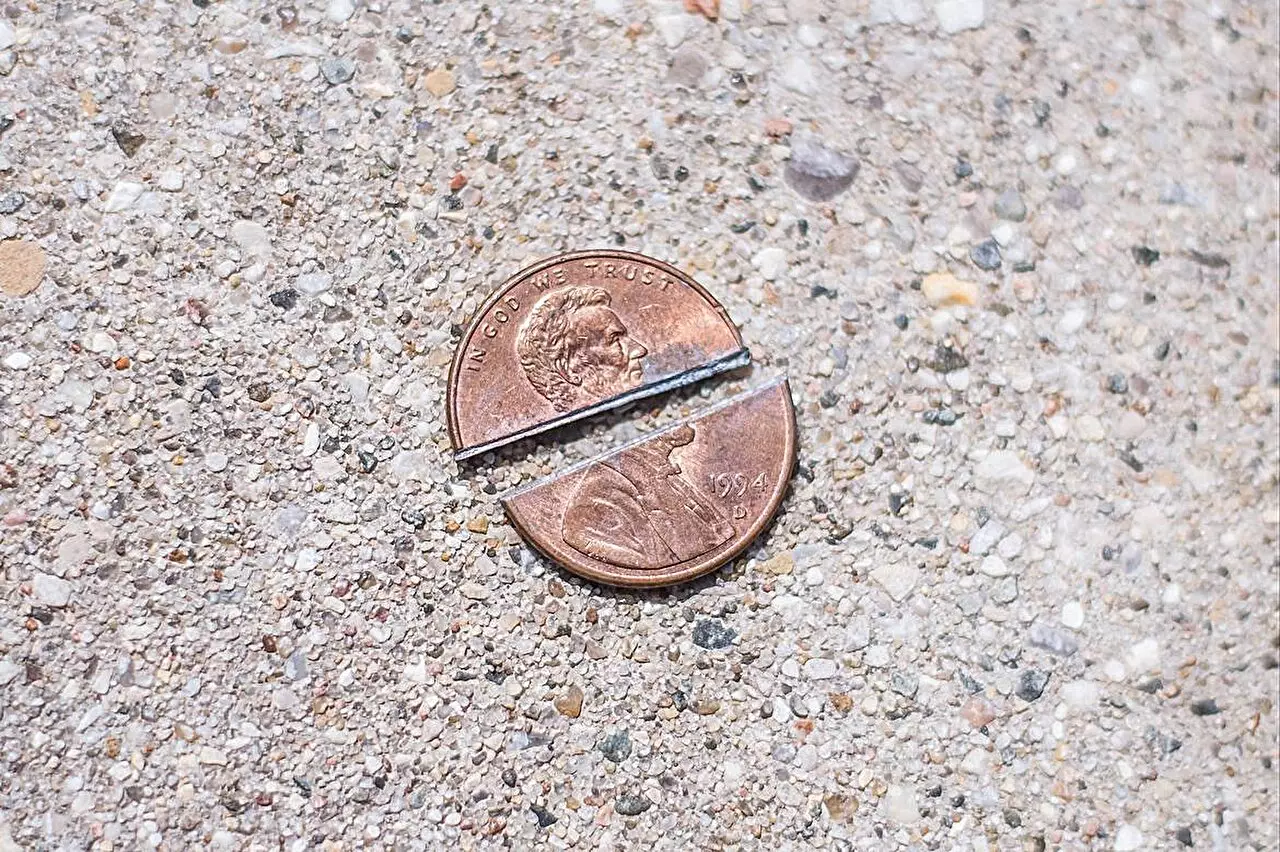The cost of cancer drugs is exorbitant, leaving patients burdened with immense financial strain. However, a group of groundbreaking chemists at UCLA, led by organic chemistry professor Ohyun Kwon, have created a solution that may revolutionize the pharmaceutical industry. By implementing a process known as “aminodealkenylation,” these researchers have discovered a cost-effective method for producing drugs used in cancer treatment and other serious illnesses. This innovative approach has the potential to significantly reduce the price of drug treatments, making them more accessible to those in need.
The process developed by the UCLA researchers involves using oxygen as a reagent and copper as a catalyst to break the carbon-carbon bonds of various organic molecules. By converting these bonds into carbon-nitrogen bonds, the molecules transform into amines, which are derivatives of ammonia. Amines have significant interactions with living plants and animals, making them widely utilized in pharmaceuticals and agricultural chemicals. Examples of familiar amines include nicotine, cocaine, morphine, amphetamine, and neurotransmitters like dopamine. Additionally, amines are also found in fertilizers, herbicides, and pesticides.
Traditionally, the production of amines involved expensive metals such as platinum, silver, gold, and palladium, but the UCLA researchers have found a more cost-effective alternative. By utilizing oxygen and copper, which is one of the world’s most abundant base metals, they are able to bypass the need for expensive ingredients. This breakthrough method reduces the number of steps required and eliminates the need for costly raw materials and reagents. As a result, pharmaceutical companies can produce valuable drugs and chemicals at a significantly lower cost compared to current methods.
One remarkable outcome of this research is the production of a c-Jun N-terminal kinase inhibitor, an anti-cancer drug, in just three chemical steps. Previously, this process required 12 or 13 steps, making it lengthy and expensive. With the new method, the cost per gram of this anti-cancer drug can be reduced from thousands of dollars to just a few dollars, helping to alleviate the financial burden on patients. Furthermore, the researchers were able to convert adenosine, a neurotransmitter and DNA building block, into the amine N6-methyladenosine in just one step. Adenosine, which costs less than 10 cents per gram, plays a crucial role in controlling gene expression in various cellular, developmental, and disease processes. The production cost of N6-methyladenosine previously amounted to $103 per gram, making this breakthrough particularly significant.
The impressive capabilities of this new method extend beyond just cancer drugs. Kwon’s research group was able to modify hormones, pharmaceutical reagents, peptides, and nucleosides into other valuable amines. These findings demonstrate the potential of this innovative process to become the standard production technique in drug manufacturing and multiple other industries. By significantly reducing the cost of production, this groundbreaking research has the power to make life-saving medications more accessible to patients in need and drive forward progress in the field of medicine.
Thanks to the groundbreaking research conducted by UCLA chemists, the landscape of drug production is set to undergo a dramatic change. The development of the “aminodealkenylation” process offers an affordable solution, allowing pharmaceutical companies to produce drugs at a fraction of the cost compared to traditional methods. By substituting expensive metals with oxygen and copper, these chemists have unlocked the potential for significant cost savings and increased accessibility to life-saving treatments. The implications of this research extend beyond the realm of cancer drugs, promising advancements in fields such as agriculture and chemical manufacturing. As we move forward, it is crucial to support and further research on inexpensive and innovative production techniques to ensure that no patient is denied access to vital medications due to cost.



Leave a Reply